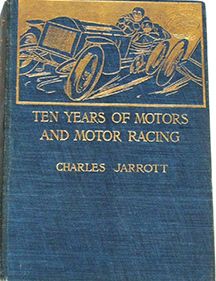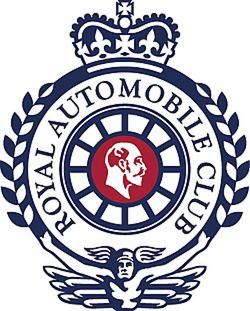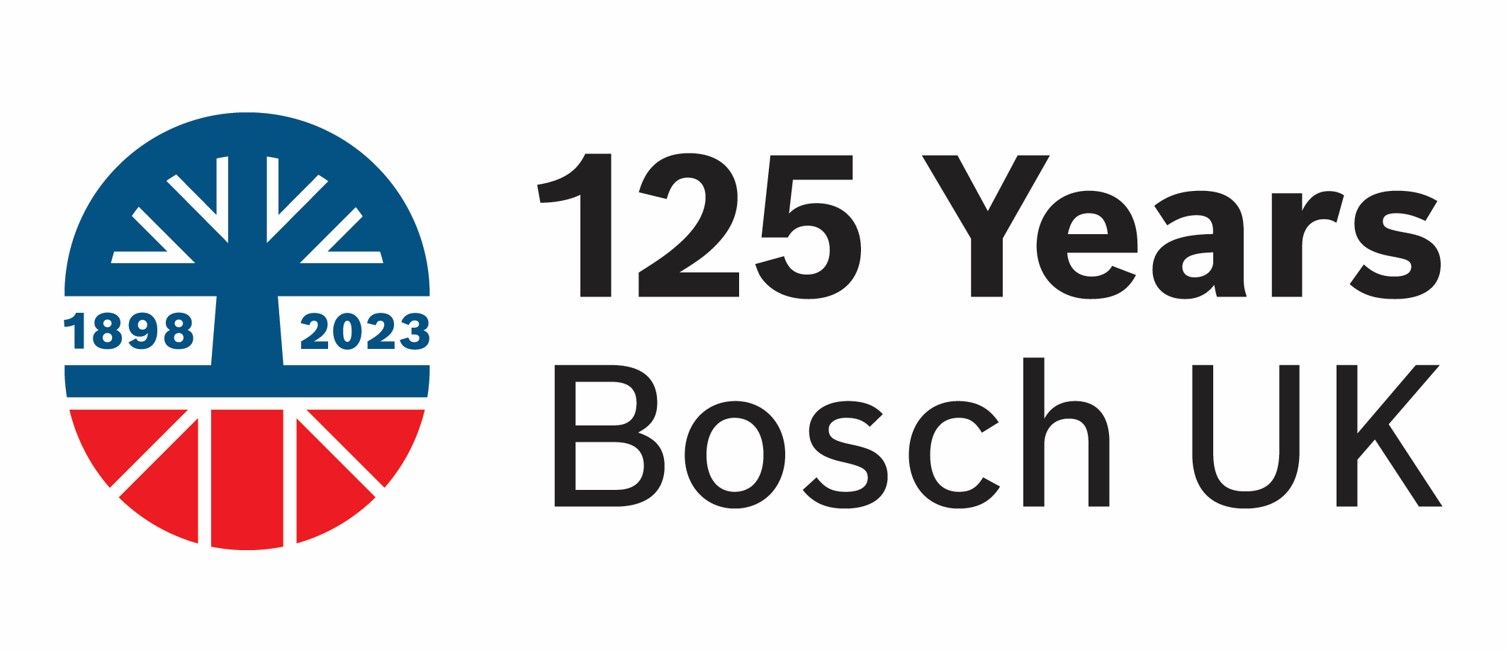Emancipation Run Archive: A spectator's view
)
Among the crowds of spectators at the start of the Emancipation Run in 1896 was the 19-year-old son of a Pimlico blacksmith’s labourer who would, over the next decade, become a significant figure in the fast-growing motoring and motorsport world.
 By 1906, when he documented his experience on that damp, foggy November morning in London ten years earlier in his book Ten Years Of Motors And Motor Racing, Charles Jarrott had served as Secretary of Harry Lawson’s British Motor Syndicate and become the UK agent for Panhard et Levassor.
By 1906, when he documented his experience on that damp, foggy November morning in London ten years earlier in his book Ten Years Of Motors And Motor Racing, Charles Jarrott had served as Secretary of Harry Lawson’s British Motor Syndicate and become the UK agent for Panhard et Levassor.
He had been summoned for 'furious driving' on a motor tricycle in 1899. He had taken part in numerous motorsport evenings, including the 1903 and 1904 Gordon Bennett Cup races, the 1901 Paris-Berlin Trail (10th place) and 1902 Paris-Arras-Paris (3rd) and won the 1902 Circuit Des Ardennes. And, in 1905, he became one of the founders of the Automobile Association. All before the age of 30!
Here are some extracts from his account:
November 14th, 1896. A foggy, dull, wet, typical November morning found me making my way along Holborn to the Central Hall. This had been engaged for the purposes of a garage for the use of the intrepid people who were on that morning to make a run, involving much danger and personal risk, from London to Brighton.
The start was fixed for ten o'clock in the morning from the Hotel Metropole, and I made my appearance at the Central Hall at about eight o'clock to see what was happening. I shall never forget the scene which met my eyes when I entered. French mechanics and German inventors, with enthusiasts of all nationalities, were mixed up in indescribable confusion. Huge flares were being carried about from one machine to another to assist in lighting up the burners for the cars, which at that time were innocent of electric ignition.
An occasional petrol blaze was seen through the fog which filled the hall, making the scene resemble a veritable inferno. In addition to this, the noise from the motors, which, after desperate efforts, the various persons interested had succeeded in getting started, prevented the merely human voice from being heard.
After enormous difficulty and strenuous effort on the part of everybody, much pushing and many collisions, the cars slowly made their way out of the hall towards the starting-point at the Hotel Metropole.
The scene at the Hotel Metropole at the start was one never to be forgotten. The spectators had availed themselves of every possible point of vantage, to view for the first time these wonderful machines which were that day allowed to be run upon English roads. Lamp-posts, housetops, balconies were all occupied, and the thousands thronging the roadways made the passage for our car almost impossible.
It is said that the spectator often sees most of the game; and I must confess that I saw on that morning much to amuse me. It was all particularly funny when viewed in the light of later knowledge. For instance, I do not suppose that any of the occupants of the cars, excepting the actual foreign mechanics who had come over from abroad with them and who had run them previously, could say how far any particular car would go on its fuel capacity.
Electrically-propelled vehicles turned up with a great show, quite ignoring the fact that their capabilities were limited to less than a twenty-mile run. A parcels van was also in evidence, although I do not suppose it ever carried a parcel in its existence, and it certainly looked as if it would collapse forthwith if something larger than a hat-box was placed upon it.
Another bold person, in the shape of Mr. Gorton, jun., rode a fearful and wonderful tricycle, which started off with many kicks and jumps, much to the alarm of the crowd.
The progress of the start was slow, and as I watched the cars slowly making their way towards Westminster Bridge, I distinctly remember wondering whether any of the party would come back alive. Of course there were a number of wrecks left at the starting-post, and one of the last things I noticed was a French mechanic, who spoke not a word of English, stranded with his car, in misery and rage, and keeping off the crowd with the aid of a particularly vicious and formidable-looking starting-handle.
Another interesting machine I noticed was a motor bicycle; that is, if one can call a mass of mechanism mounted on two wheels by such a name. I have no idea how much it weighed, but the unfortunate rider who was endeavouring to control it was not only in a state of abject fright, but had no idea as to what he ought to do. One thing was clear, namely, that he had to get the machine going by running alongside, and when he had once started it he had in some manner or other, best known to himself, to get into his seat, a performance he signally failed to accomplish. The last sight I had of him was when he was lying prostrate in the road with the machine on top of him, helpless and unable to move.
The parcels van I referred to was, as a matter of fact, fitted up as a "break-down" van (save the mark!). It contained many things which, in the opinion of the experts, might be required by the various cars on the road, and it was supposed to bring up the rear of the procession to aid any of the cars which were stranded. There was no question about it being in the rear of the procession; it was incapable of being anywhere else. Charles Rush, who was driving, explained to me that he arrived in Brighton on the following morning at three o'clock, having spent the best part of his time beneath his car repairing break-downs on the "break-down" car.




.jpg.png)




.resize-500x189.png)



